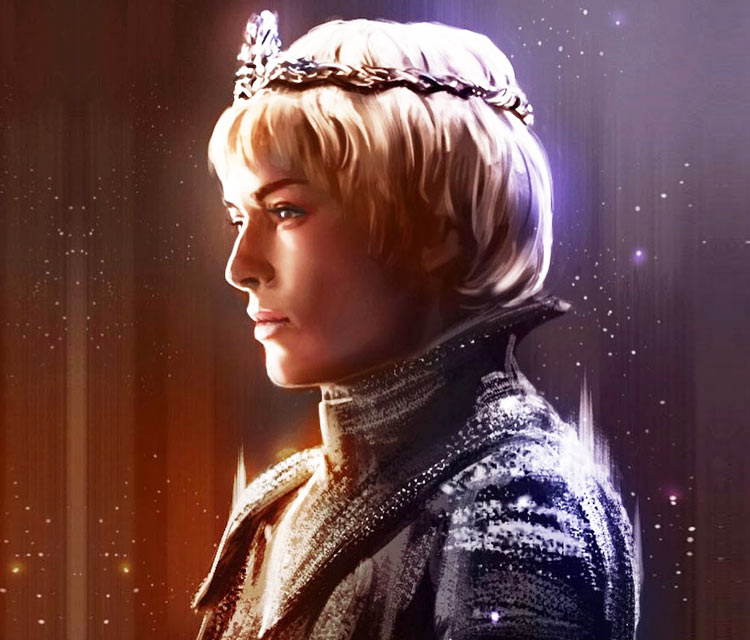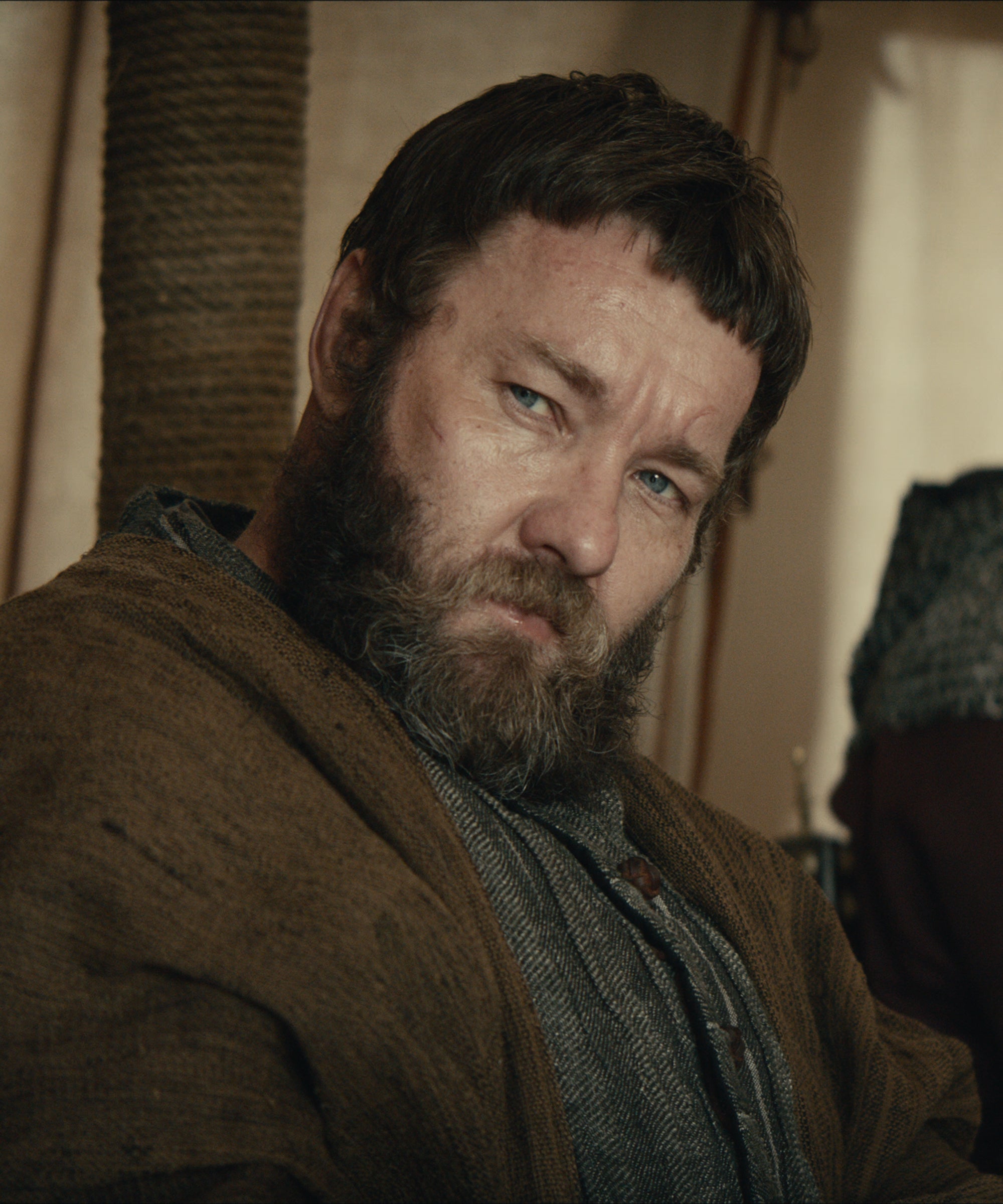JBO
The prettiest Lucha
- Location
- Making my way to Australia
- Pronouns
- She/They
Testing.
J̸̢͉̠̪̳̯͎̪̤̙̤͉̔̌̈́́̾͑̊̌̆͌̈̊͝ͅͅB̸͉̞̜͓̬̝̰̟́̐̐͜O̵̢̡̱̫̱͗̊̆̀̓̅̓.̸̱̾̈́̉̀͛́͐͋͗̇͑̕͠c̴̡͕̟̤̫̾h̷̨̢̤̼͕̖̖̥̲̰̮͌̿ŗ̷̝͍̫̞͑̉ ̴̡̛̯̦͔̝̳̉͗̃̒̐̐̒̉͜͝͠h̶̡̗͇͇̲͖͙̱̲̰͈̳͍̦̦̓͐́̕ȃ̵̢͎̠͒s̶̰͉͈̦͍̖̪̒̀́͋̊͑̋͋̅̑̈́͂͛̇͜͠ ̷̡̛̙̭̪͈̠̬̬̙̖̻̲̗̟̠̀̈́͊͂͛̆̐͠͝b̸̧̢̨̧̛̩͕̘͇̬͉̱̱̈́͒̅e̷̲̙͍̩̯͈̮̯͈̰̹̩̐ë̵̱̩̘̬̣̖̏̊͒̄͜͝n̵̛̟̣̆̊̈́̄͋͘ ̴͖̱̉̈́͗͑̍̔̓̀͘͘͠d̷͚̤̭̼̩͔̼̠̭̻͉̻̈́̑̇̄ḙ̶̦̟̀̍́̌͝l̸̨̩̪̜͕͕̱̟͖̝̻͔̭̅͝ė̵̳͖̞͓̻̖̪̭̉̅̾͗̂̚͠t̴̯̂ę̴̢̗̪̪̘͓̪̩͉̲̃͗̀̋̂d̶̡̮̯̫̻̮͙̼͇͆̑͛̍͐̊̉̚͜ͅ
Neat.
J̸̢͉̠̪̳̯͎̪̤̙̤͉̔̌̈́́̾͑̊̌̆͌̈̊͝ͅͅB̸͉̞̜͓̬̝̰̟́̐̐͜O̵̢̡̱̫̱͗̊̆̀̓̅̓.̸̱̾̈́̉̀͛́͐͋͗̇͑̕͠c̴̡͕̟̤̫̾h̷̨̢̤̼͕̖̖̥̲̰̮͌̿ŗ̷̝͍̫̞͑̉ ̴̡̛̯̦͔̝̳̉͗̃̒̐̐̒̉͜͝͠h̶̡̗͇͇̲͖͙̱̲̰͈̳͍̦̦̓͐́̕ȃ̵̢͎̠͒s̶̰͉͈̦͍̖̪̒̀́͋̊͑̋͋̅̑̈́͂͛̇͜͠ ̷̡̛̙̭̪͈̠̬̬̙̖̻̲̗̟̠̀̈́͊͂͛̆̐͠͝b̸̧̢̨̧̛̩͕̘͇̬͉̱̱̈́͒̅e̷̲̙͍̩̯͈̮̯͈̰̹̩̐ë̵̱̩̘̬̣̖̏̊͒̄͜͝n̵̛̟̣̆̊̈́̄͋͘ ̴͖̱̉̈́͗͑̍̔̓̀͘͘͠d̷͚̤̭̼̩͔̼̠̭̻͉̻̈́̑̇̄ḙ̶̦̟̀̍́̌͝l̸̨̩̪̜͕͕̱̟͖̝̻͔̭̅͝ė̵̳͖̞͓̻̖̪̭̉̅̾͗̂̚͠t̴̯̂ę̴̢̗̪̪̘͓̪̩͉̲̃͗̀̋̂d̶̡̮̯̫̻̮͙̼͇͆̑͛̍͐̊̉̚͜ͅ
Neat.



































